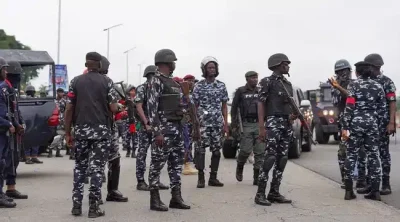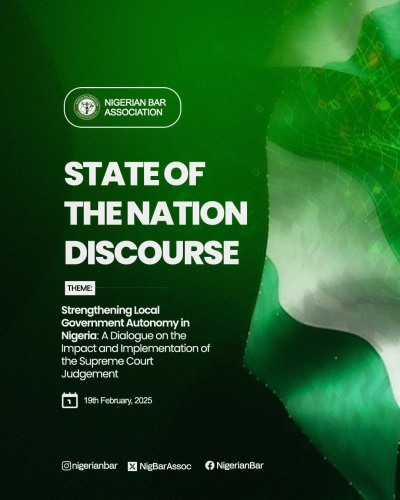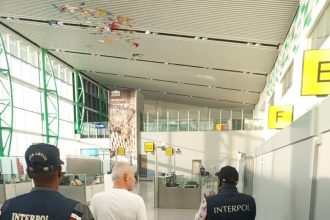The unfolding events at Magodo Estate in Lagos State have captured national attention, as the Nigerian Police Force maintains a strong presence in response to planned protests supporting the release of human rights lawyer, Dele Farotimi.
The estate is notable for housing the law offices of Afe Babalola, a prominent senior advocate and legal figure whose defamation complaint has escalated into a contentious legal and public relations battle.
The Case and Allegations
Dele Farotimi was detained by the Nigerian Police following allegations made by Afe Babalola, linking the human rights attorney to defamation and cybercrime. Farotimi was transferred from Lagos to Ekiti State to face these charges. At the heart of the dispute is an alleged defamatory statement, which has drawn sharp criticism from human rights advocates and activists.

Farotimi: Bail and Protest Movement
A Federal High Court sitting in Ado-Ekiti recently granted bail to Farotimi in the sum of ₦50 million. Despite this, Farotimi remains in custody, as the substantial bail terms have yet to be fulfilled. Meanwhile, public support for his release has intensified, with protests planned under the banner of the #FreeDeleFarotimiNow movement.
Former Presidential aspirant and activist Omoyele Sowore has taken a leading role in organizing these protests, which are set to occur simultaneously in Lagos, Ekiti, Abuja, and even London. The demonstrations aim to highlight what supporters view as a misuse of judicial and police processes to suppress free speech.
Police Presence and Security Measures
In anticipation of the protests, armed police officers have been deployed to Magodo Estate, particularly around Afe Babalola’s law offices. This heavy security presence underscores concerns about possible disruptions and reflects the authorities’ stance on maintaining order amid growing tensions.
Farotimi: Court Proceedings
On Tuesday morning, Farotimi was present at the Ado Ekiti Magistrate Court for a hearing on the defamation charge filed against him. Legal analysts and activists are closely monitoring the proceedings, as the case raises critical questions about the balance between defamation laws, freedom of speech, and the role of prominent figures in influencing legal actions.

Broader Implications
This case has become a flashpoint in Nigeria’s ongoing dialogue about human rights, judicial independence, and the role of influential personalities in leveraging state mechanisms. The protests, particularly with their international dimension, suggest a growing willingness among Nigerians and the diaspora to challenge perceived injustices and advocate for transparency and accountability in legal proceedings.
As the situation develops, the case of Dele Farotimi is poised to become a significant test of the Nigerian legal system’s capacity to balance individual rights and the rule of law.









